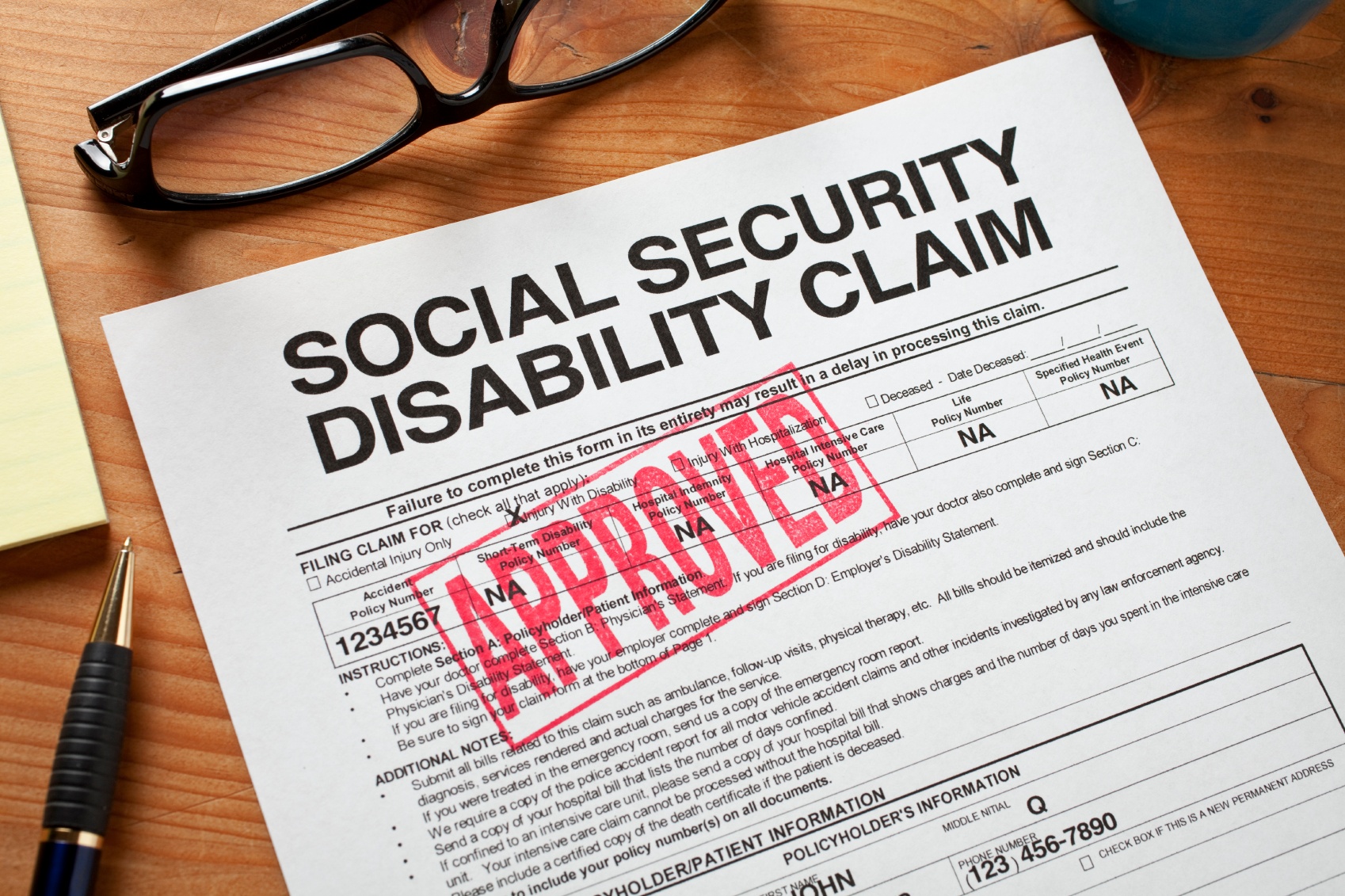In the midst of our ongoing quest for guidance as to how and when to apply the 2014 cohabitation statute, comes the Appellate Division’s recent unpublished (not precedential) decision in J.S. v. J.M. While the decision does not reveal much in the way of noteworthy substance beyond what we have already seen in other post-statute decisions, the Appellate Division did opine on a couple of points that this author found interesting, one of which is addressed herein.
Briefly, the parties were divorced in 2010, with a cohabitation provision contained in the subject settlement agreement providing that alimony would “[t]erminate upon [defendant’s] cohabitation . . . with an unrelated male in lieu of remarriage for a period of [thirty] days or more.” The payor ex-husband moved to terminate in alimony in September 2015 on the basis that the former wife was cohabiting with the payor’s brother. While somewhat salacious in and of itself, the payor’s request to terminate support was ultimately denied by way of order and decision following a hearing. Thereafter, the payor filed a motion for reconsideration of the order and decision, as well as an application to set aside same under Rule 4:50-1, each of which was denied. The payor then only appealed the trial court’s order denying the motions for reconsideration and for relief under 4:50-1 (and not the original order following trial).
The first interesting point in the Appellate Division’s decision focused on the trial judge’s hypothetical question posed during oral argument: “whether it was necessary for [payor] to have filed his motion to terminate [alimony] during [payee’s] relationship with [the alleged cohabitant].” In other words, from my interpretation of the trial court’s question that was not the central issue on appeal and, thus, not fully fleshed out in the decision, is whether the payor can procure relief if he files his application after the alleged cohabitation comes to an end, rather than during the relationship. Briefly referencing the Supreme Court of New Jersey’s 2016 decision in Quinn v. Quinn, the Appellate Division here provided:
In Quinn, 225 N.J. at 39, the court held that if a PSA provided for the termination of alimony upon the dependent spouse’s cohabitation, the court should enforce the terms of the agreement and terminate alimony, rather than suspend it during the period of cohabitation. Again, even if we assume the judge’s question evidenced a palpably wrong understanding of the issue, and we do not think it did, Quinn has no application to this case because the judge found there was no cohabitation.
Does the Appellate Division’s indication, provided as dicta, renew or revive the argument that, but for an agreement calling for the termination of alimony upon cohabitation, an alimony obligation may be suspended during the period of cohabitation and then restored should the relationship come to an end? Was this argument dead at all, and was Quinn limited to its facts? For a reminder, the Supreme Court held in Quinn:
In sum, we reiterate today that an agreement to terminate alimony upon cohabitation entered by fully informed parties, represented by independent counsel, and without any evidence of overreaching, fraud, or coercion is enforceable. It is irrelevant that the cohabitation ceased during trial when that relationship had existed for a considerable period of time. Under those circumstances, when a judge finds that the spouse receiving alimony has cohabited, the obligor spouse is entitled to full enforcement of the parties’ agreement. When a court alters an agreement in the absence of a compelling reason, the court eviscerates the certitude the parties thought they had secured, and in the long run undermines this Court’s preference for settlement of all, including marital, disputes. Here, there were no compelling reasons to depart from the clear, unambiguous, and mutually understood terms of the PSA. We therefore reverse the judgment of the Appellate Division.
While this holding primarily focused on the fact that the subject agreement provided that alimony would terminate upon cohabitation (regardless of when the cohabitation occurred), did the Supreme Court more broadly find inconsequential that the cohabitation period ended in determining whether alimony should be reduced? In other words, can a payee litigant still argue: (1) alimony should only be impacted, if at all, during the period of cohabitation; and (2) the payor has to file the application during the period of alleged cohabitation in order for it to have any merit?
Family law practitioners recently heard one of our State’s most esteemed (and now retired) Appellate Division judges opine that once cohabitation occurs, a modification/termination of support application should be considered even if the cohabitation came to an end, just as it would not matter if a payee remarried and then divorced the new spouse. It is uncertain whether Quinn closed the door on this issue, and certain arguments perhaps thought dead may still exist, especially since no court has yet to interpret what the word “suspend” truly means in the confines of the cohabitation statute, and whether a suspension of support should be implemented beyond what may be a suspension, or partial suspension during the cohabitation proceeding itself.
In other words, as we await a more definitive interpretation and application of the cohabitation statute, practitioners will continue to creatively and zealously argue on behalf of litigants embroiled in such disputes.
_____________________________________________________
 Robert Epstein is a partner in Fox Rothschild LLP’s Family Law Practice Group and practices throughout New Jersey. He can be reached at (973) 994-7526, or repstein@foxrothschild.com.
Robert Epstein is a partner in Fox Rothschild LLP’s Family Law Practice Group and practices throughout New Jersey. He can be reached at (973) 994-7526, or repstein@foxrothschild.com.
Connect with Robert: 


from NJ Family Legal Blog https://ift.tt/2HwQaRE
via
IFTTT





 Robert Epstein is a partner in Fox Rothschild LLP’s Family Law Practice Group and practices throughout New Jersey. He can be reached at (973) 994-7526, or
Robert Epstein is a partner in Fox Rothschild LLP’s Family Law Practice Group and practices throughout New Jersey. He can be reached at (973) 994-7526, or 
